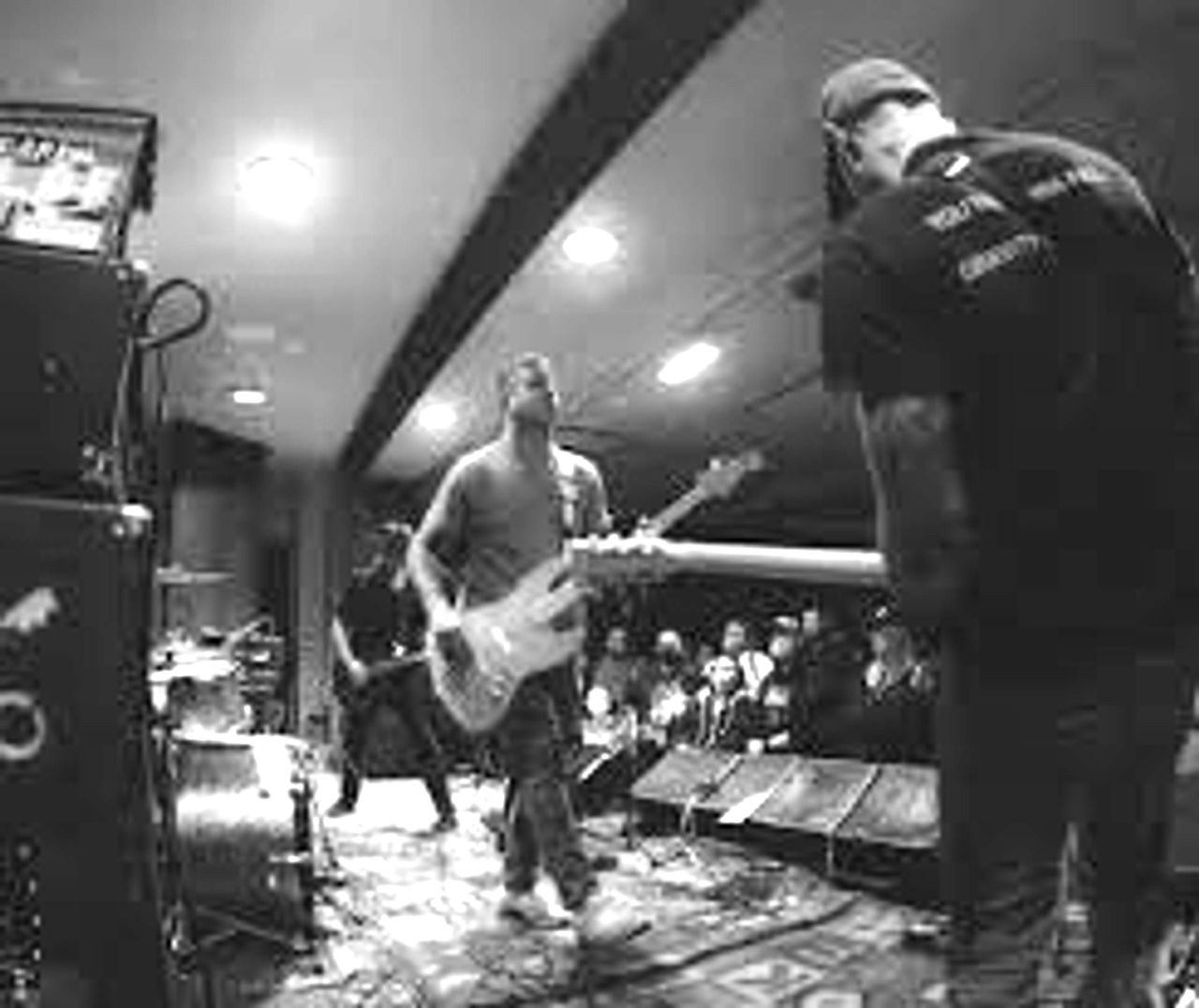

Crossed Keys
Follow Your Favorite Band Today!
Top Crossed Keys Community Posts
Story of Crossed Keys
Philadelphia's underground music scene veterans, Crossed Keys, have a history as deep as the city's rich musical heritage. If you've been immersed in the city's hardcore and punk scene over the past two decades, you've likely encountered members of this band in their past incarnations. From the legendary Kid Dynamite to the raw energy of Ink & Dagger, Crossed Keys boasts a resume that includes iconic acts like Step Ahead, Kill The Man Who Questions, Zolof the Rock and Roll Destroyer, Halo of Snakes, and The Curse.
This collective experience has forged a unique sound in Crossed Keys, a band drawing inspiration from a diverse range of influences. Their music reflects years spent in basements and record stores, crafting a distinct brand of punk rock. Their debut full-length album, "CROSSED KEYS BELIEVES IN YOU," released this spring on Creep Records, Dead Satellite Records, and Sell The Heart Records, showcases their evolution.
While the members of Crossed Keys may be a bit older, a touch wiser, and perhaps sporting a bit less hair, their passion for creating music for sweaty singalongs and good times remains as strong as ever. Their sound is a testament to their dedication, a celebration of the vibrant Philadelphia scene that has shaped them.
Frequently Asked Questions
Bands you may like
More Rock Bands
Discover more bands in the Rock genre and explore the diverse sounds that define this musical style.
Browse All Rock BandsMore Bands from United States
Discover the rich musical heritage of United States and explore bands that represent the country's unique sound and culture.
Browse All United States Bands